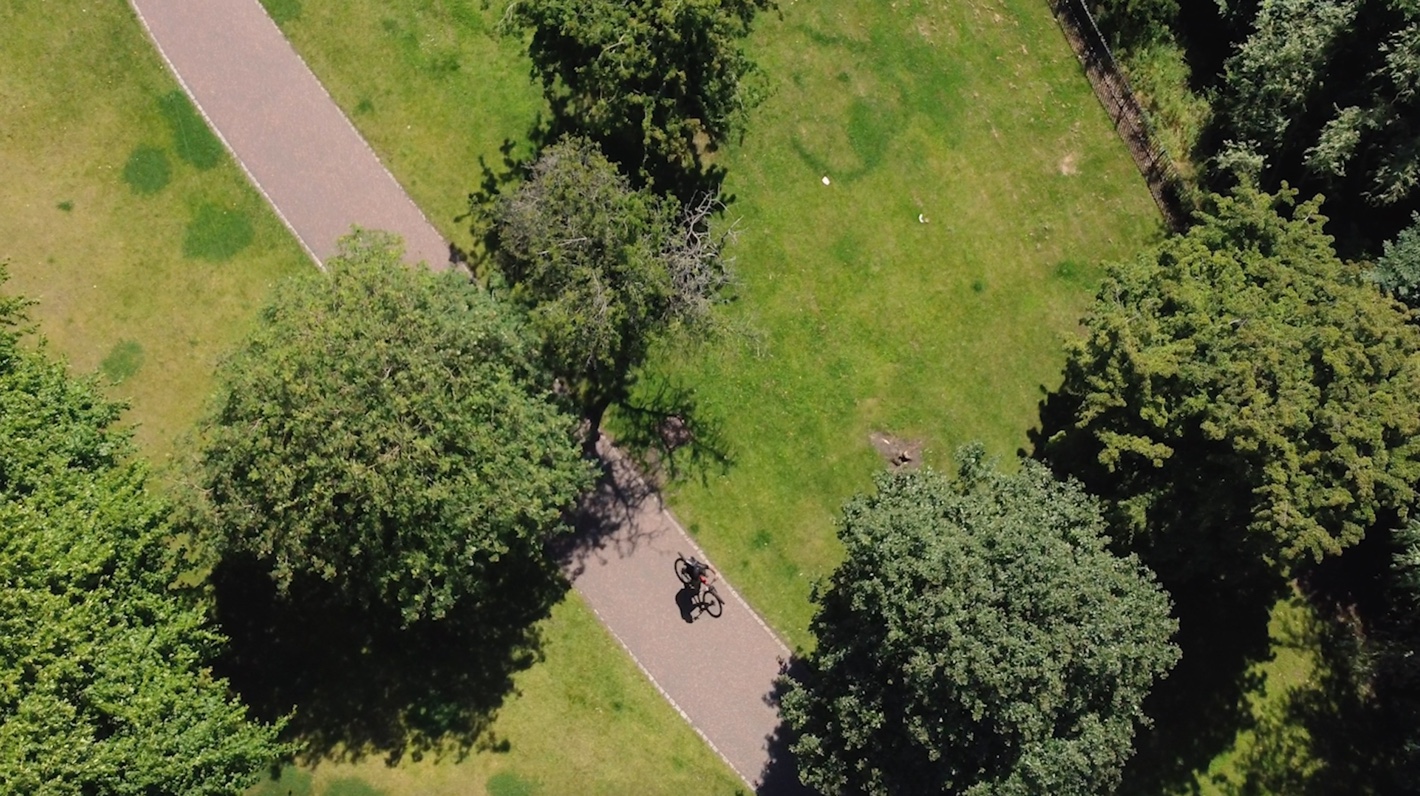
Bin plans to burn waste and save millions, say campaigners
Meeting the best European recycling rates could recover £47m worth of paper, plastic, metals and other valuable materials every year.
New research shows that recycling that £47m worth of waste would cut greenhouse gas emissions by over four million tonnes, and reveals that not producing the waste at all could save even more, almost eight million tonnes of climate changing gases every year. [1]
2.3 million tonnes of recyclable or compostable materials end up in landfill or incinerators every year, representing an estimated value of £47m and resulting in the equivalent of over 4.1 million tonnes of carbon dioxide (CO2) emissions, largely from the manufacturing of new materials to replace those dumped or burnt. Based on Government figures for the ‘social cost’ of CO2, each year’s emissions will cost society another £212m as a result of the long term damage done by climate change.
A ban on disposal of mixed or unsorted waste to landfill or incineration will help deliver the recycling rates necessesary.
Duncan McLaren, Friends of the Earth Scotland Chief Executive, said: “A real zero-waste policy would aim to reduce waste dramatically, and recycle everything possible. Many Scots are doing their best to recycle at home, but we need to ensure that everyone, including Scotland’s businesses, join in. “But the Government seems happy to oversee a shift from dumping to burning waste instead. The government should ban mixed wastes from incineration or landfill, ensuring that waste collection agencies keep different materials separate, making them easy to recycle.”
The new research has helped shaped the Friends of the Earth’s response to the Scottish Government’s zero waste consultation. The government’s waste plan fails to be genuinely zero waste when it includes incineration or similar “waste management”. A tightened cap on “energy from waste” should be put in place, and incentives to reduce all waste should be introduced. The emphasis should be on reducing and preventing waste in the first place, thus implementing the EU waste hierarchy where waste prevention is the primary target and waste disposal is at the bottom as a last resort. Readers can take part in the consultation and tell the Scottish Government where to put its waste at www.foe-scotland.org.uk/zerowaste
ENDS
For media enquiries please contact: Per Fischer, Press Office, Friends of the Earth Scotland T: 0131 243 2719
Notes to editors
1. The research found that:
* Despite welcome progress in recycling, large volumes of recyclable or compostable materials – around 2.3 million tonnes per year – remain in the municipal, commercial and industrial waste streams, ending up in landfill sites or waste incinerators.
* The net market value of these recyclable or compostable materials is estimated to be around £47m per year.
* The total emissions arising from disposal and replacement of these materials are around 7.8mt-CO2e pa. After the carbon costs of recycling are deducted, the net additional emissions arising from our failure to recover these materials are estimated to be over 4.1mt-CO2e pa.
* At current emissions trading scheme carbon prices (£14.40 per tonne), recycling this waste would be worth £60m a year, while at a more complete social cost (the UK shadow carbon price of £51 per tonne) that value rockets to over £212m.
* Because it would save more CO2e, avoidance of this waste would have equivalently higher social values of £112m per year at the lower ETS price, and £398m per year at the UK Government’s shadow price.
* If policy alternatively promoted incineration of this recyclable waste, the CO2e savings would be around 1.3m tonnes: 31% of the level achieved by recycling, and just 17% of the saving achieved if all these wastes could be avoided.
2. Greenhouse gas impacts are expressed here in tonnes of carbon dioxide equivalent (CO2e), which takes account of the different global warming potential of gases such as methane as well as CO2.
3. Friends of the Earth Scotland exists to help people in Scotland look after the planet for everyone’s future. We think globally and act locally in Scotland, delivering solutions to climate change by enabling and empowering people to take both individual and collective action. We offer help to people with the big things in life – helping to sustain a healthy society and environment. We believe that all of our children’s futures will be better because of what we do.
